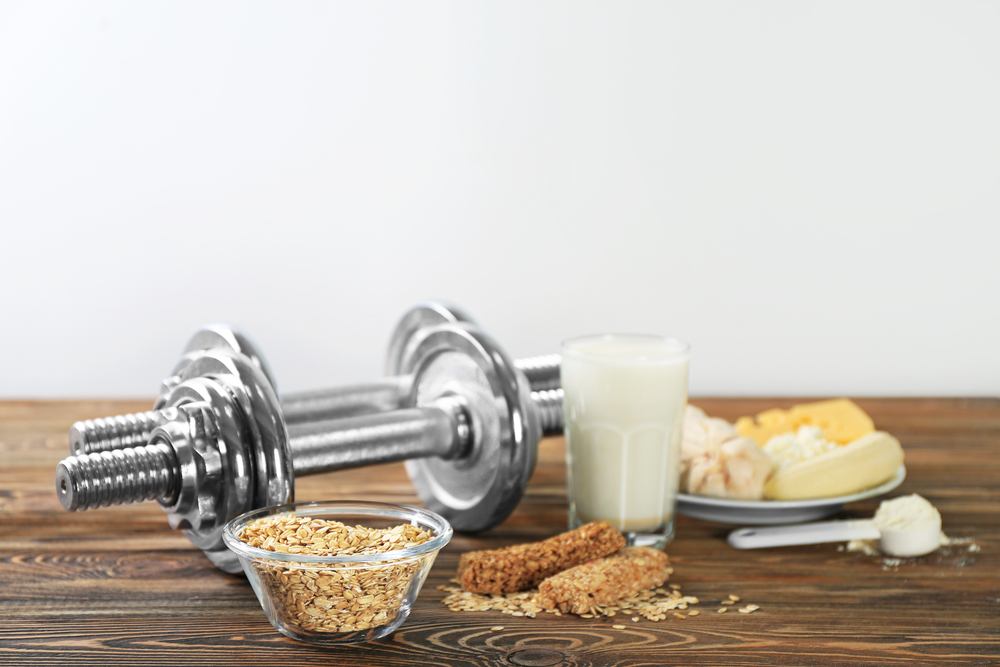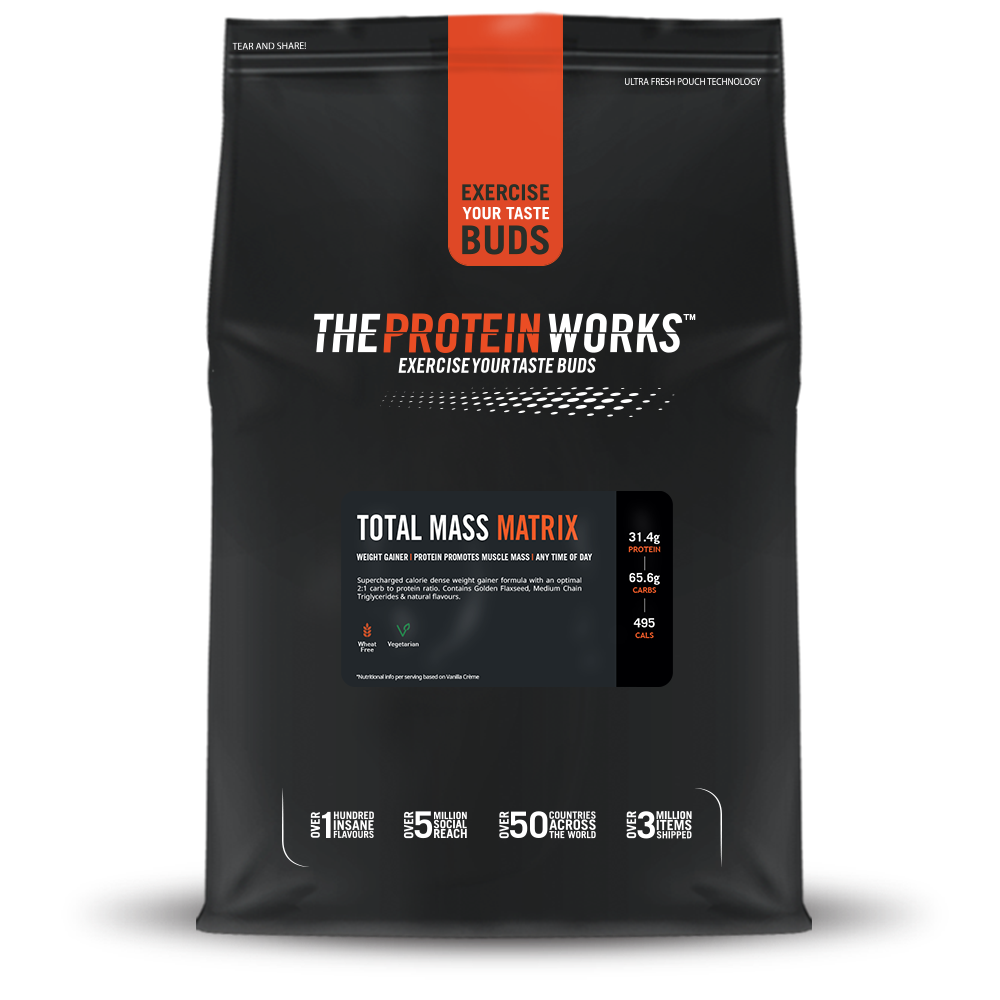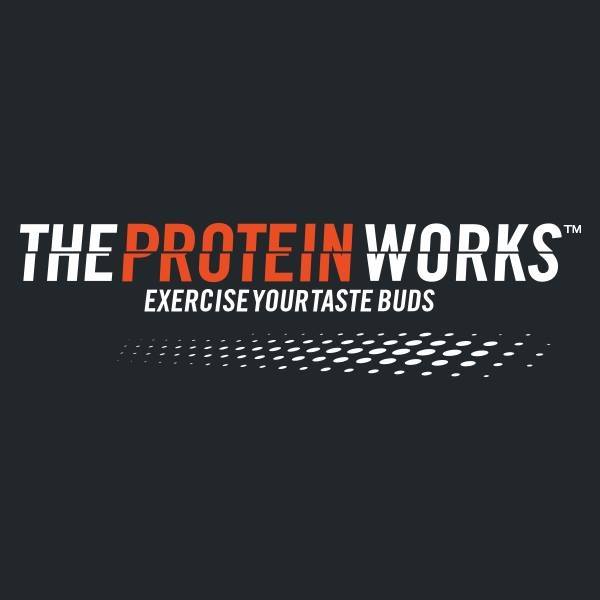When it comes to gaining size, do not just consume calories until you physically cannot eat anymore. This can add some extremely stubborn fat that is hard to get rid of. The best way is to increase calories slightly, in small increments, from quality foods. Most of the mass gainers on the market are full of poorly-processed sugars and general ‘filler’ ingredients that do your body no good at all. A homemade mass gainer consisting of nutritious produce is a worthwhile alternative. It is suitable to consume at work, after the gym or on-the-go. This article gives you an insight into what you can include, what the ingredients provide, and the impact they have on your calorie count.
Whey Protein
Whether your goal is cutting body fat or gaining size, protein is always needed. The amino acids present in protein powders provide the fuel for muscle tissue to be repaired and to grow in response to training. There are many different kinds of protein, but whey protein is ideal as it has high leucine content – this is the most potent of the branched chain amino acids (BCAAs). Of course, if you are lactose intolerant or vegan/vegetarian, there are specific protein blends available to suit your needs.
Serving size: add in around 35-40g of protein (roughly 2 scoops of whey).
Instant Oats
While you may be interested in adding lots of carbohydrates to a mass-gain diet, you don’t want to go crazy with the chips and donuts. It is still advisable to stick to quality carbohydrate sources. Ground oats are perfect for this. They provide the extra calories you need for gaining size, but register quite low on the glycemic index (GI), meaning that the energy release is stable and gradual so your insulin levels are not going to skyrocket and then crash 2 hours later. Try and limit your simple, high-GI sugars to immediately post-workout, when your muscles need the insulin spike. Oats are also high in fibre which will keep your digestive system running smoothly. If you are gluten intolerant, gluten-free oats are widely available.
Serving size: add 1 scoop of ground oats, around 35g of carbohydrates.
Coconut Oil
The name itself is pretty self-explanatory as to where this is derived, but don’t let that put you off finding out exactly what it does. Coconut oil is an easily-digestible fat used commonly in African societies and ever increasingly in the West as a cosmetic – on hair and skin. However, it is extremely good for your health if eaten, and adds flavour to any shake or meal. Coconut oil has been shown to increase your metabolism and the rate at which fats are used as an energy source. If weight gain is a goal, a fast metabolism is still your friend. Your body will need to assimilate nutrients throughout the day at regular intervals, which is important regardless of your goals.
Serving size: coconut oil is a highly-saturated fat that is very calorie dense, so only 2/3 teaspoons are needed in this shake to reap its full rewards.
Fruit
You can have all the proteins, carbohydrates and fats you want, but your body will not function optimally without adequate vitamins, minerals and trace elements. Fresh fruit is a great way to cover this ground. A handful of mixed berries and some sliced orange will provide the fibre, vitamin C and folic acid that is needed for energy production and digestion. You may also want to add in a banana if you are going to use this as a post-training shake. Bananas are ripe with fast-acting carbohydrates which serve their purpose after training. However, they also come with elements such as potassium which will aid general health and recovery from strenuous exercise.
Serving size: one handful of mixed berries, one handful of sliced orange, one large banana.
Milk
If putting size on is a real struggle then milk (whole) can be of great benefit. True, milk typically contains some saturated fat and sugar, but since you won’t be basing your entire diet around these shakes, the amount found in milk will not pose too much of a problem. That said, sugars are best-consumed post-workout. If you are having serious trouble gaining weight then it can also help in that way. Milk is predominantly a form of casein protein, which is different from whey in that it is a slow-releasing form. Whereas whey can quickly shuttle amino acids to muscle cells post-training, casein drip-feeds them over a prolonged period. This is particularly useful before bed or at work when you can’t feasibly get a meal in. The calcium present is excellent in supporting bone density and strength.
Serving size: 300-400ml.
- Total calories: 874
- Total macros: protein (60g), carbohydrates (85g), fats (28g).
All that’s left is to switch the blender on, add in some ice and/or water, and get the glasses ready!









No Comments yet!